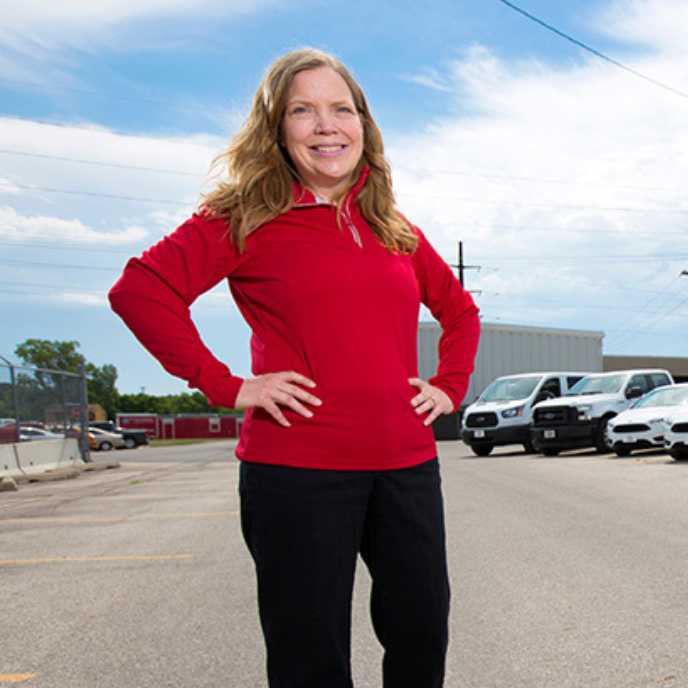Improving efficiency in transportation systems for Iowa State and the surrounding community is critically important as we work toward a sustainable future. Optimizing transportation not only reduces costs and consumption through resource savings, it also reduces emissions and addresses concerns related to climate change.
For example, as part of its mission "to provide safe, economical and appropriate transportation" to students, faculty and staff, ISU Transportation Services' fleet currently consists of 200 low or no-emission vehicles. Also, CyRide uses 12 hybrid buses (accounting for approximately 17% of its total bus fleet) to help provide public transportation to our campus and community. These lovingly-named "Cybrid" buses result in a reduction of 23,000 gallons of fuel and 464,102 pounds of CO2 emissions per year.
Additional policies and initiatives focusing on transportation efficiency include an online Ride Share program, virtual meeting rooms and conferences held through webinars and conference calls, a vehicle idling policy, the campus-wide installation of solar trash and recycling compactors (pdf), which reduce the number of pickups by a ratio of 5:1 and an automated kiosk that makes vehicles available 24/7, reducing the number of vehicles needed. Likewise, ISU Facilities Planning and Management routinely looks for opportunities to improve pedestrian and bicycle safety by installing new traffic signals, rerouting traffic lanes close to campus and managing the "Walk Your Wheels" initiative. In looking to the future, Transportation Services also estimates that autonomous vehicles could be in use on campus by 2025.
See the dropdowns below to see how Transportation Services is making an impact within each of the three facets of sustainability. Contact Transportation services via email at transdispatch@mail.iastate.edu.
